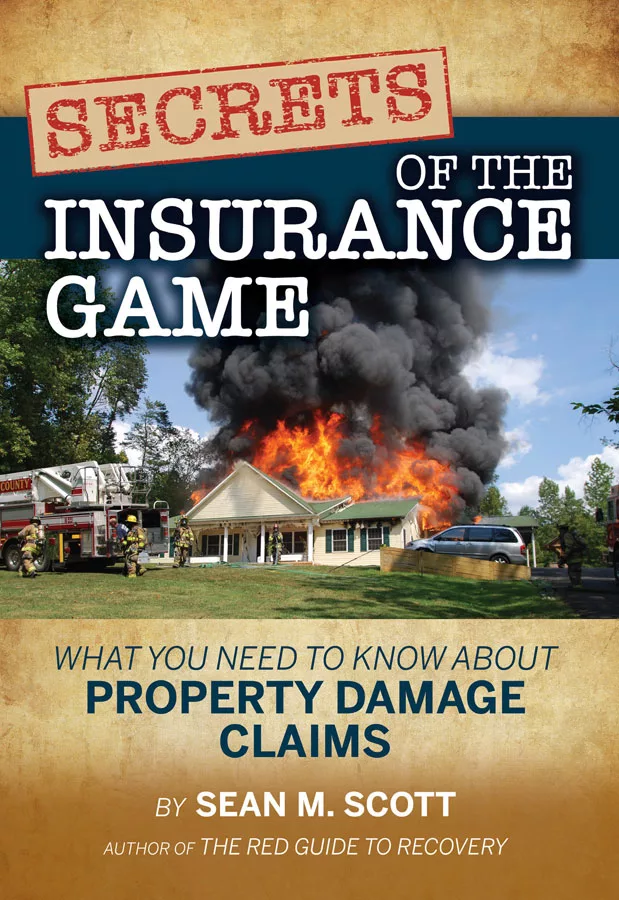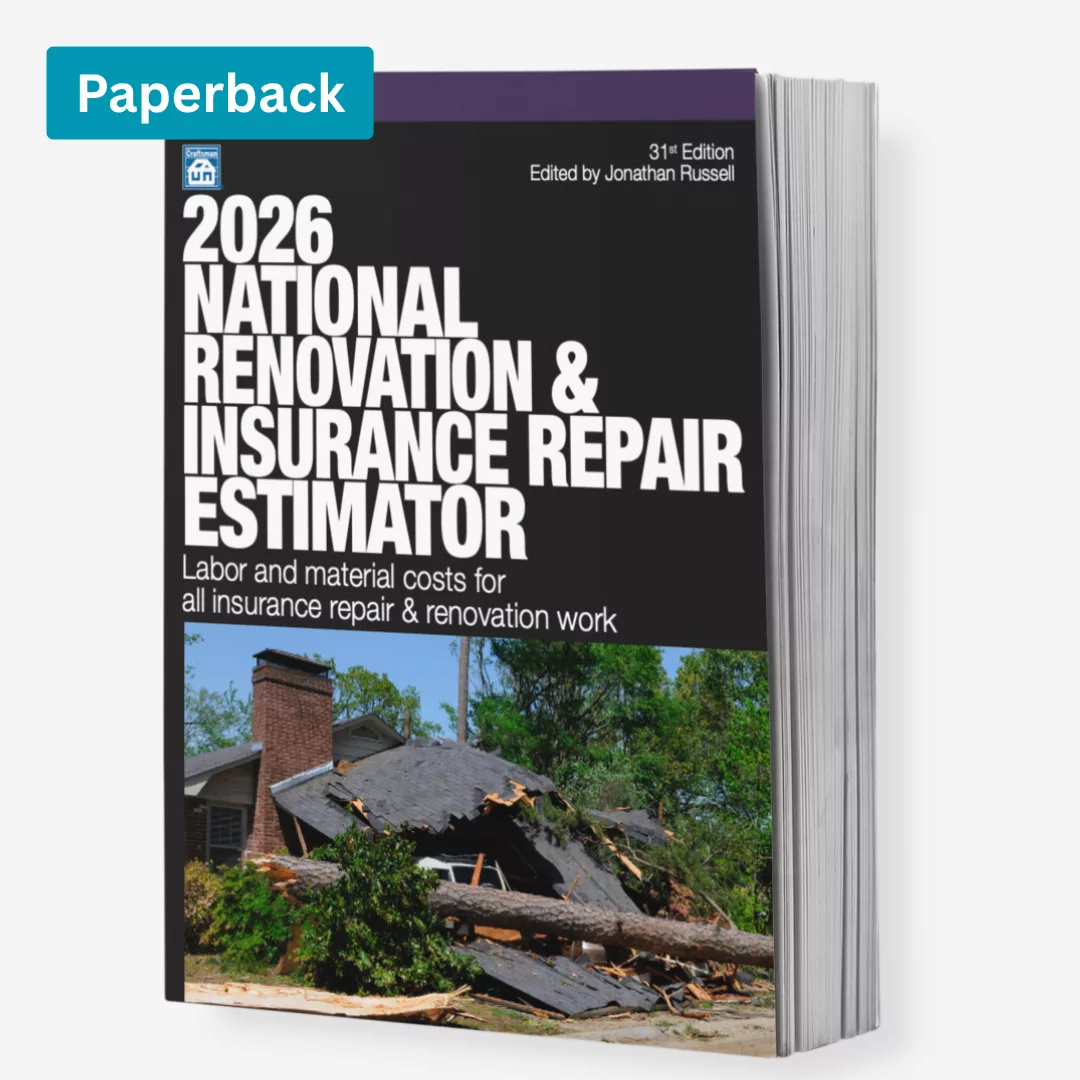Buy Your Insurance Like a Pro

Last time we started looking at some things that your agent may not be telling you when it comes to your insurance. To wrap things up, today we’re going to examine five things you need to be aware of that will soon have you buying your insurance like a pro.
1. Sending More Than One Agent Into the Marketplace is Hurting You
Multiple insurance agents bouncing around in the insurance market place does not get you the best coverage or price. The restoration specialist insurance brokers all know where the best value is going to be for your firm. Going out to multiple specialist agents just neutralizes the work of the agent you would like to deal with. You rarely end up with a better insurance program after going through this extra work. More likely, you will buy the cheap insurance without knowing what you gave up in other important considerations of coverage and claims-paying capability.2. Shopping for the Lowest Price Every Year is Hurting You
Insurance underwriters can look into their systems and see every time you have spun their wheels by asking for quotes and not buying their products. After a few unsuccessful attempts you will have “burned the market” and that door will be closed to you.To avoid this unnecessary situation, carefully gauge the companies you will seek alternative quotes from. A specialist broker will be able to tell which markets will likely be your best options without going through the application process and running up a bad track record for you at an insurance company. Ideally you should shop for insurance every three years.
3. The Flavor of the Month Club Has No Place Here
Every time you switch insurance companies, you can leave behind valuable, already paid for coverage. Insurance agents learn to move insurance policies from company to company in a seamless transition. In areas like auto insurance, you can change vendors every couple of months and not create a structural coverage problem because everybody knows the exact time and date of an auto accident.Where things get dicey is in the environmental coverage. You may not know there is a developing claim, so you switch insurance companies, usually to buy something cheaper. The claim is denied over failure to disclose the developing claim in your application to the new company.
In this situation, the old insurance company can deny the loss when it comes in because their policy will have expired. Buying occurrence-based vs. claims made-based contractors pollution liability insurance does little to address the known prior acts situation.
To avoid this potential coverage gap scenario, you need to report all claims or incidents that might lead to a claim on the expiring policy and on the application to the new insurance company before you move.
But what happens if you miss a situation that ultimately results in a claim being made against you from prior work when the new policy is in place? The answer is, your claim will be a mess, with two claims adjusters saying “It’s not my job man!” in which case you will need high-end claims expertise on your brokerage team.
A safer bet is not to switch carriers year to year if it can be avoided. Sometimes you have to switch insurance companies, but after that switch is made, you should minimize the number of times you potentially void out your completed operations coverage in the insurance application process by switching insurance companies.

4. You Need a Nuclear Weapons Facility Clean Up Contractor's Insurance Policy
That should shock fire and water damage contractors, don’t you think? Here is why it is true. The exclusions for mold and bacteria in the Commercial General Liability policy that every contractor buys are so broad that the only way to fix the coverage gap is to purchase a combined General Liability (GL)/Contractors Pollution Liability (CPL) and Professional Liability policy. These are policies, believe it or not, that were originally designed for the contractors cleaning up nuclear weapons facilities.There is no practical way to fix the GL policy coverage gap for essential water work in addition to mold remediation, even with the purchase of a separate Contractors Pollution liability policy. The reason for this is the GL policy effectively has a “You cannot be in the mold or bacteria clean up business exclusion.”
Very few insurance agents realize that all your Category 3 water work is included in the definition of the work you are uninsured for in this exclusion. Because it is the job itself that is excluded in the GL policy, even if you buy the best separate CPL policy in the world, you will be uninsured for things – as unlikely as it may be to occur – like burning down a house if you were there to clean up a backed-up sewer.
A CPL policy will insure losses that result from exposure to contaminants but no CPL policy can fix this fundamental flaw in your GL policy that excludes more than a CPL policy can cover. Despite their complexity, the combined GL/CPL/Professional policy forms are the only way to fix the coverage defects in the GL policy for your water and mold work.
If you do not have a high-quality combined policy form in place on your restoration company, there are coverage gaps you could drive a box truck through in your liability insurance program. If you do not have CPL coverage, you need that immediately to deal with Category 3 water losses, mold, lead and asbestos. If your GL insurance is with a different insurance company than your CPL insurance, you have a coverage gap between those policies.
5. You Need Professional Liability Insurance
Virtually every GL and CPL policy sold to restoration contractors has a “Professional Liability” exclusion. To evaluate your need for this coverage, find your GL and CPL policies polices and lay them open to the page contains the professional services exclusion, then pull your S500 and S520 books off the shelf and compare the front cover and index of these books with the words in the exclusion.You need professional liability insurance for the services you provide under these professional standards and guidelines. A good, quality combined policy form addresses this needed coverage.
Obviously, your local insurance agent will need some help navigating around 70-page policies originally developed for nuclear bomb plant contractors. He or she can find that expertise in a handful of specialized wholesale brokers who also become part of you brokerage service team. Select your insurance brokerage team for the long term as your risk management advisors, and not only will you buy insurance like a pro, you will manage your risks like a pro.
Looking for a reprint of this article?
From high-res PDFs to custom plaques, order your copy today!







